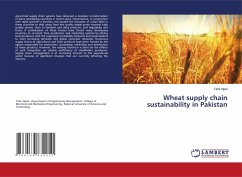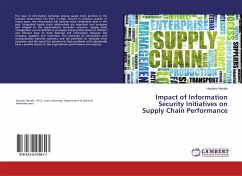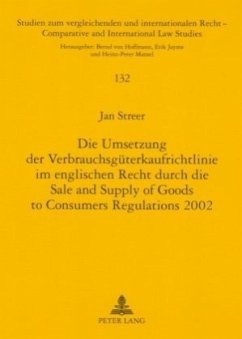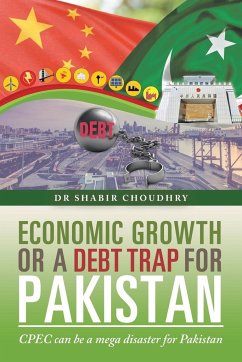
Wheat supply chain sustainability in Pakistan
Versandkostenfrei!
Versandfertig in 6-10 Tagen
27,99 €
inkl. MwSt.

PAYBACK Punkte
14 °P sammeln!
Agro-food supply chain systems have observed a dramatic transformation in many developing countries in recent years. Urbanization, in conjunction with rapid growth in incomes, has caused the character of urban diets in these countries to shift away from low quality staple grains towards high quality cereals, then to livestock and dairy products, and vegetables and fruits. A combination of these factors have forced many developing countries to re-orient their production and marketing systems by linking local producers with the organized commodity networks and supermarkets to meet increasing dom...
Agro-food supply chain systems have observed a dramatic transformation in many developing countries in recent years. Urbanization, in conjunction with rapid growth in incomes, has caused the character of urban diets in these countries to shift away from low quality staple grains towards high quality cereals, then to livestock and dairy products, and vegetables and fruits. A combination of these factors have forced many developing countries to re-orient their production and marketing systems by linking local producers with the organized commodity networks and supermarkets to meet increasing domestic and global consumer demands. Numerous supply chains of agricultural and food products have been formed by the agents responsible for production, processing, marketing and distribution of these products. However, the existing literature is silent on the effects of such integration on relative inefficiency of smallholder producers. Supply chain management is of increasing interest to theagricultural sector because of significant changes that are currently affecting the industry.












